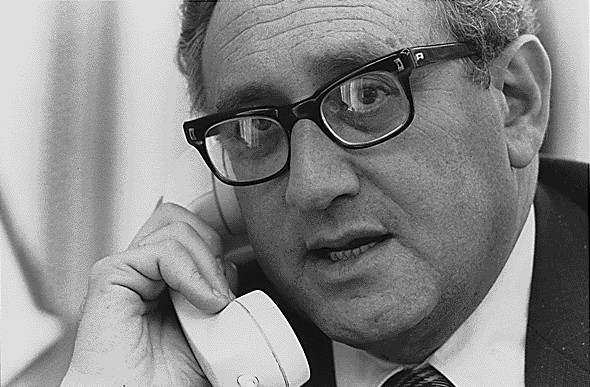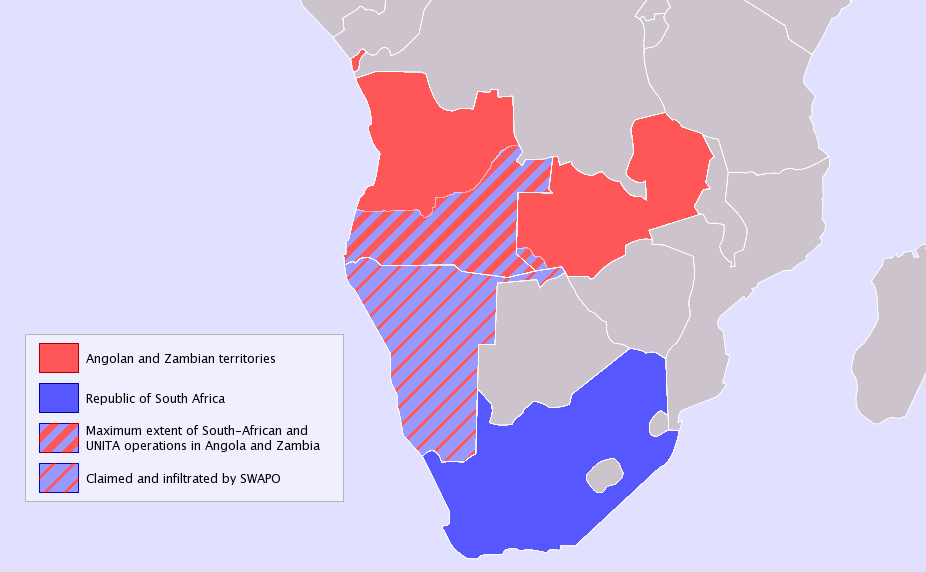Henry Kissinger and the Angola War: Unraveling the Threads of Diplomacy

The Man Behind the Diplomacy
Henry Kissinger, the former US Secretary of State, has left an indelible mark on international relations. His diplomatic strategies and policies have shaped the course of history, and his impact is felt even today. But nowhere is his influence more controversial than in Africa. This article delves into Kissinger’s diplomatic legacy and his role in shaping the continent’s political landscape.
The Intricacies of the Angola War

In the mid-1970s, Kissinger’s involvement in Africa drew the US into Angola’s war. His covert operations and support for anti-communist forces in Angola exacerbated the civil war and indirectly supported apartheid in South Africa. This period of history is often referred to as Kissinger’s ‘sordid’ diplomacy in Africa.
The Angolan Civil War was a major conflict that involved not only internal factions but also foreign powers. The US, under Kissinger’s guidance, supported the National Union for the Total Independence of Angola (UNITA), a group that was fighting against the Popular Movement for the Liberation of Angola (MPLA). This support was part of the broader Cold War strategy to curb the spread of communism.
However, this intervention had far-reaching consequences. The war in Angola became one of the longest and most destructive civil wars in Africa, lasting for nearly three decades and causing immense suffering for the Angolan people.
The Soweto Uprising and Apartheid: A Dark Chapter
Kissinger’s diplomacy also played a role in the aftermath of the Soweto uprising. The uprising, a series of protests led by black schoolchildren in South Africa, was a turning point in the fight against apartheid. Historians argue that Kissinger’s diplomatic strategies aided apartheid, prolonging the suffering of the African people under this oppressive system.
The Soweto Uprising in 1976 was a significant event in the struggle against apartheid. Thousands of black students took to the streets to protest against the mandatory use of Afrikaans in black schools. The protest was met with brutal force by the South African police, resulting in the death of hundreds of students.
Despite the international outcry over the incident, Kissinger’s response was seen as lukewarm. His focus on détente with the Soviet Union and China, and his belief in ‘constructive engagement’ with the apartheid regime, led to a lack of decisive action against South Africa.
The Legacy of Kissinger’s Diplomacy
The legacy of Kissinger’s diplomacy in Africa is a topic of heated debate among historians and political scientists. Some argue that his actions helped to stabilize the region and prevent the spread of communism. Others, however, contend that his policies fueled conflict and prolonged oppressive regimes.
In conclusion, the impact of Henry Kissinger’s diplomacy on Africa is a complex and controversial topic. His actions have left a lasting imprint on the continent, shaping its political landscape in ways that are still felt today.
